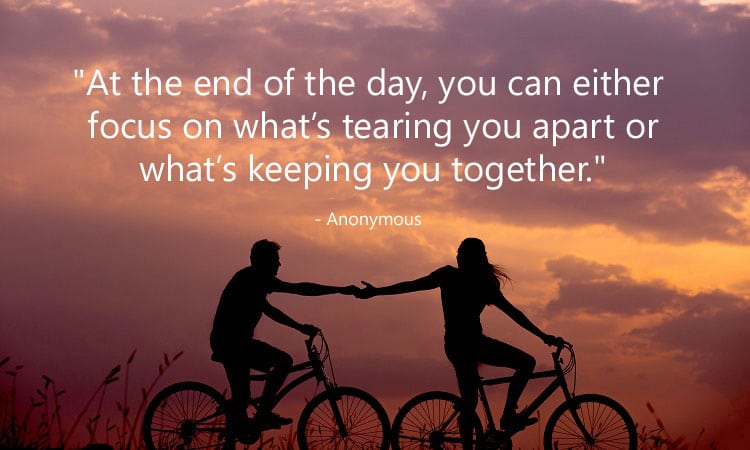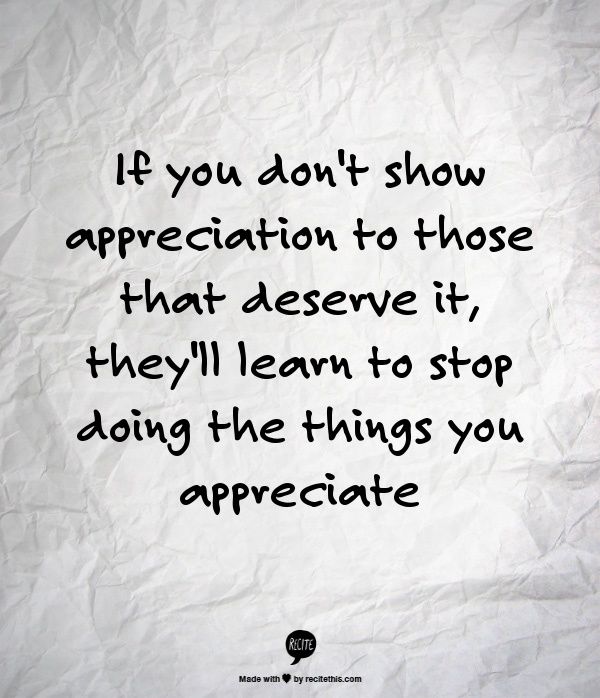Warning: Undefined array key 1 in /var/www/wp-content/plugins/monarch/monarch.php on line 4359
By Diana Creel Elarde
In the 2012 Grammy Award hit “Just Give Me a Reason”, singers Pink and Nate Ruess explored the question “Can we learn to love again?” Has the relationship reached the broken point or is it in a temporary condition that can still be mended? Broken or bent?
When couples begin to fall into snapping sarcasm, with bickering and harsh words, what can be done to remedy the situation? We have all been witness to those times when couples seem to get downright cruel with each other. The negative words fly back and forth, creating a wake that makes anyone unfortunate enough to be a witness feels uncomfortable.
In retirement, a time where couples generally spend more time together, is it inevitable that familiarity will lead to contempt? Can we find it in our hearts to regain the love when all seems broken?
It takes more than a simple desire to make sure a loving relationship is maintained, especially when your one-on-one time is increasing. My husband and I decided we needed to talk this issue through, and to commit to trying to cage our fears and corral our egos. We found we needed some conscious steps in the direction of deciding what it is we do want in our relationship through our retirement years. Broken or bent were not parts of our plan. We wanted to choose love.
Decide and express what you DO want!
Image via Inspiring Tips
There are so many times when we are very clear about what we don’t want and we make that vocal. I don’t want to be yelled at, or spoken to badly, or not recognized for what I do in the relationship. All valid requests, there is only one problem; we don’t state what we DO want. Think of it this way. What if someone asked you for directions to your home and you told them “Don’t turn on Elm, don’t turn on State and whatever you do don’t get on the highway.” Are they any closer now to the destination?
Of course not! But so many times in expressing our relationship needs we tell people what we don’t want and expect them to figure out the rest. The problem with being vocal about what the other person is doing wrong is this – the discussion is starting off with you making them wrong. Not always the best beginning if you are hoping for a meaningful discussion. One phrase we like to use is “It’s better for me if you could do this…” The great aspect of this is the simplicity of the request and also you are not putting the other person on the defensive.
How do you want your life to feel?
Not sure what you want? How about how you want your relationship to feel? Retirement is a transition time. For most people their retirement doesn’t just magically settle into the perfect life. It can be a trial and error process.
Not sure what we wanted, my husband and I created a large symbol on a piece of poster board that we decided would represent how we wanted our life to feel. The symbol can be anything that appeals to you, such as a heart, a diamond or maybe a circle. Within it we put words and phrases that describe how we want our life to feel. We included Loved, Appreciated, Exciting, Sincere, Peaceful, and Happy. In all we listed twenty or more positive emotions which defined on a feeling level what we wanted in our life together. We placed the symbol with all those feelings we aspired to in a common location (master bathroom) where now daily we can remind ourselves how we want to have our lives feel.
If you can’t get your partner to participate there is no reason that you can’t do this on your own. After all it is your life and you do get to decide how to live it. Research on Emotional Intelligence proves we can learn to express our emotions differently by making decisions to react in a more loving, peaceful way. It all starts with being conscious and aware. And as a thought, sometimes we need to admit that we and not anyone else are responsible for our emotional wellbeing before we can accept we can change it.
A little appreciation goes a long, long way
Gretchen Rubin’s book The Happiness Project has some great ideas for living a happier life. I have been both a member and a facilitator in various groups focused on practicing her ideas for several years. It is an amazing eye-opener when people start looking for the positive in their relationships and begin to pass on forms of appreciation to their partner.
Image via Pinterest
I have personally seen several great ideas emerge from these happiness groups. One woman decided she wanted to find a loving name for her husband. The word she picked was amore, the Italian word for love. Not sure how it would be received, she threw it out somewhat inconspicuously here and there. The smile on her husband’s face upon hearing it encouraged her not only to use the word more often, but to add a small caress as well. The flirty behavior, long gone from their relationship, returned and blossomed into more romantic gestures on both their parts.
Another woman decided that each day she would tell her husband the words “I choose you”. At first his reaction was silence, perhaps even confusion. But she persisted, every day letting him know this. And as time went on first there was a thank you, then a small hug and later the words, “I choose you too”.
My husband and I engage in a game we call Full Credit. One of us might make an extra effort on a difficult or tedious task such as cleaning an overly messy kitchen after a large meal preparation, and then will let the other know that they want to be sure they get “full credit” for the task. In return a thank you or hug is offered and appreciation is given for full credit. Some have commented this is ridiculous and one person has done all the work. For us it works and we love it. And the fact is, we are more likely to join in together to get a task done than we did before. Then we both get the credit!
Declare yourself, don’t live an in-between life
In my story A Simple Answer, found in Chicken Soup for the Soul: Hope and Miracles I relate a story about a woman who for years was leading an in-between life, and then suddenly wasn’t. Her long debate – “Am I in this relationship or not? Am I happy or I not?” was ended by the death of her husband of 38 years. There was no in-between anymore.
Image via Brian Fodder
What do we gain, what do we lose, by not declaring ourselves in our relationship? Living in an imaginary world, in a life of daydreams and thoughts of what might be, isn’t taking responsibility for yourself or your part in the relationship. In the end it left her with doubt, guilt and the nagging thoughts of what could have been, if she had only engaged. Wishing you were elsewhere is like wishing your life away.
Relationships tend to ebb and flow. There are times when we need to be the one to provide the effort to make that flow easier. And yes sometimes the only action may be to end the relationship and move on rather than continue in a halfhearted commitment. Years of wishing you were elsewhere tend to get reflected in anger, unsaid words and lots of blame, usually toward the other person.
Staying present in your life allows you to become aware of those times when your partner is trying or doing something right. Commit to 30 days of sincere gratitude and appreciation for even small acts, and see what changes in your attitude and the behavior of your partner.
What are keys to a great relationship?
Psychologist Robert Sternberg studied love and relationships in the United States. He found affection, friendship and being in love were listed as important factors couples wanted from a relationship. Some accomplished one or two of these goals, few he found achieved all three. In the most endearing and long lasting relationships, couples worked to make sure all three were present. Sternberg called this Consummate Love. He found great relationships needed to be strived for, they didn’t just happen. The rewards though were great intimacy, passion and commitment. In his work he stressed the importance of taking these components into action. This means doing, not just giving lip service. “Without expression”, he warned “even the greatest of loves can die”.
You well may find you have more influence in the course of your relationship than you thought possible. In regards to our emotions, we decide how we express what we feel. Remember Pink’s song lyrics – “Just give me a reason, just a little bit’s enough…we can learn to love again”. Perhaps the reason is as simple as the solution; love is what love does.
Diana Creel Elarde is a PSYCH-K® facilitator, author of the book, A Star in My Hand, and a three-time contributing author in the Chicken Soup for the Soul books. You can reach Diana at www.emerginginsightsgroup.com or at diana@insight11.com.
Remain in love, copyright DElarde, 2018
I’m a self-professed madman, adventurer, photographer, certified High-Performance Coach, martial artist, and licensed physical trainer specializing in senior fitness. My passion is to continue growing and developing into my own unique, gifted, and joyful authenticity, while committing myself towards doing my own special part to help change the world. My mission is to help others find their own direction and purpose in life, by means of mentoring, teaching, and empowering.









